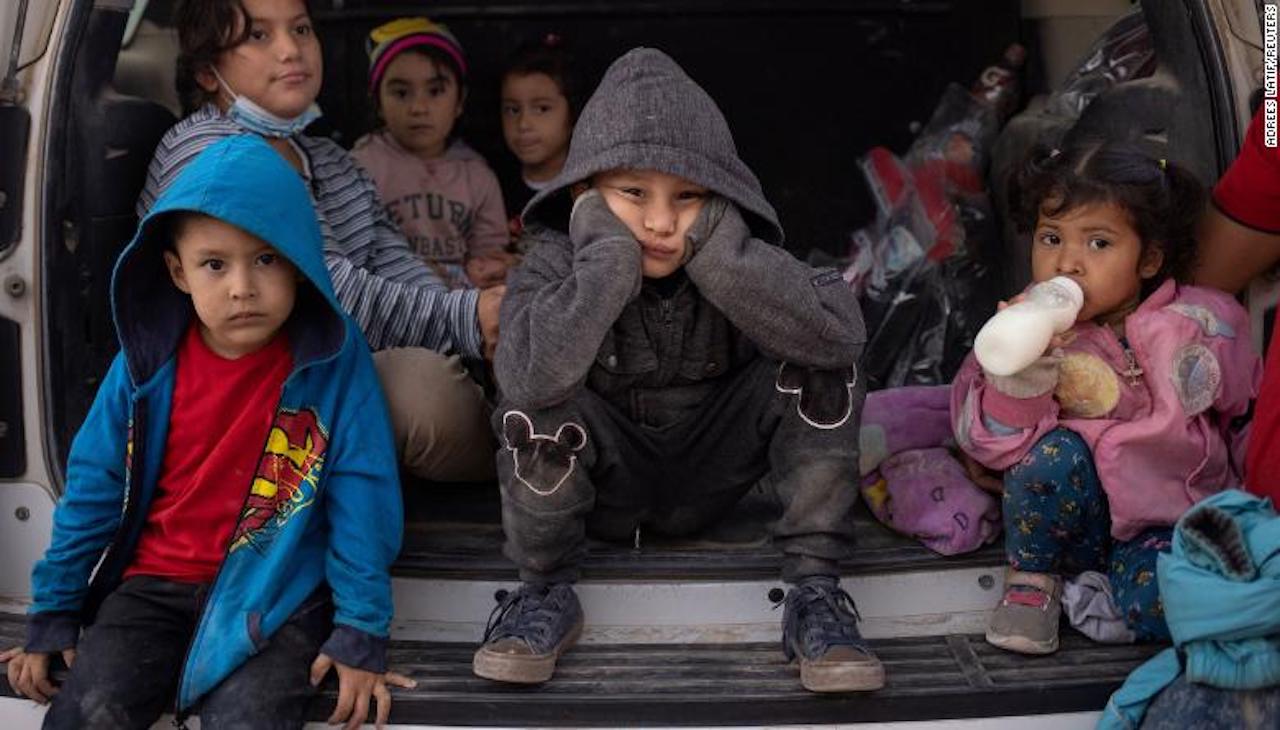
Even with record heat, more than 1,300 migrants are entering Arizona daily
According to U.S. government data obtained by NBC News, Tucson, which is the dangerous area to cross from Mexico into the U.S., is now also the busiest.
An increasing number of migrants have endured record-breaking heat, as well as an overall dangerous journey to cross into Arizona.
“This is a very rough, rough entrance into the United States,” said Jim Chilton, a rancher in Arivaca, Arizona, who’s regularly seen migrants cross his 50,000 acres of land.
“It’s gotten worse,” he added.
The Tucson sector, considered to be the most dangerous area to cross the U.S.-Mexico border is now also its busiest. On average, over 1,300 migrants cross the border daily even with the scorching temperatures that regularly top 100 degrees, according to Customs and Border Protection data obtained by NBC News.
Most of the asylum seekers crossing Chilton’s property are single adult men attempting to evade detection by Border Patrol. In other areas, particularly around Nogales, families with young children are turning themselves in to agents in hopes of gaining asylum.
The increasing number of families, as well as mothers and young children, is concerning to Border Patrol agents and rescue workers, given this summer has been the hottest on record, with cities across the U.S. and Europe feeling the heat.
Agent Ronaldo Rios, the acting director of the Arizona Air Coordination Center, told NBC News groups of over 200 women and children, including babies and toddlers have been seen crossing.
RELATED CONTENT
“The common hazard that folks are hearing about is going to be the heat," said Rios. "Exposure to the elements — being out in our terrain or mountainous terrain for long periods of time — without any water.”
John Russell, an air interdiction agent who flies Black Hawk helicopters for Customs and Border Protection’s Air and Marine operations, told NBC News his unit had recently received 26 calls for help in a single day. Many of those who were trying to cross the border in remote areas called for help during the first storm of southern Arizona’s annual monsoon season.
Calls to 911 “started rolling in,” said Russell. “There were three that we weren’t able to get to due to weather, aircraft availability. One of those was later found deceased. He didn’t make it. He succumbed to the weather.”
Department of Homeland Security officials are concerned about the overall increase in families crossing the border, as well. Particularly in Tucson, the increase in families could mean more migrant fatalities.
"We are seeing very little kids that need water,” said Alejandro Avirde, a border patrol agent. “They’ve been doing this hike for five hours, and they’re in need of water.”










LEAVE A COMMENT: